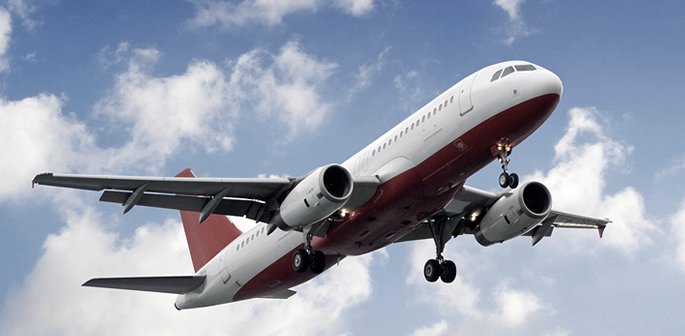Indian Music to Become Compulsory on Flights & Airports?

Traditional Indian music may be set to become compulsory on flights and in airports across the country.
The Indian Council for Cultural Relations (ICCR) submitted a letter to the Civil Aviation Minister of India, Jyotiraditya Scindia.
In the letter, they demanded that it become mandatory for all airlines operating out of the country as well as the 487 airports within it.
President of the ICCR, Vinay Sahashtrabuddhe, wrote in the letter that the council had joined Indian musicians in making the call:
“ICCR joins the fraternity of musicians, singers and artistes associated with India traditional music, in demanding that playing Indian classical or light vocal and instrumental music in aircraft being operated in India and also at various airports be made mandatory for all India based airlines.”
The artists who had been referred to in the letter were Kaushal Inamdar, Anu Malik, Pandit Sanjeev Abhyankar and Manjusha Patil-Kulkarni.
Composer Kaushal Inamdar explained: “Music has the power to evoke emotions.
“That is why we should play Indian music in our land, in aircraft, because it is one of the best ambassadors for our country.”
While Scindia did not confirm whether this move would actually be implemented, he did acknowledge it by saying:
“I come from the music city of Gwalior, which has been the city of Tansen and has also been an old house of music.
“Indian ancient music has a history of many years and people have a lot of curiosity in ancient music too.”
According to the Business Standard, Sahasrabuddhe seemed to be happy with this response and added:
“Music played by most airlines across the globe is quintessential of the country to which the airline belongs.”
“For example, it is most likely that we shall come across jazz in an American airline or Mozart in an Austrian airline and Arab music in an airline from the Middle East.
“However, it is extremely unfortunate and even ironic that most airways in India, however, – both private and government-owned as well as both domestic and international – seldom, if at all play Indian music.
“Our music mirrors our rich heritage and culture and it is one of the many things every Indian has a reason to be truly proud of.”
The letter noted: “It is our considered opinion that this seemingly small change shall go a long way in strengthening the emotional connect of our people to our civilisational traditions in music and arts for music is a language that never fails to strike a chord.”